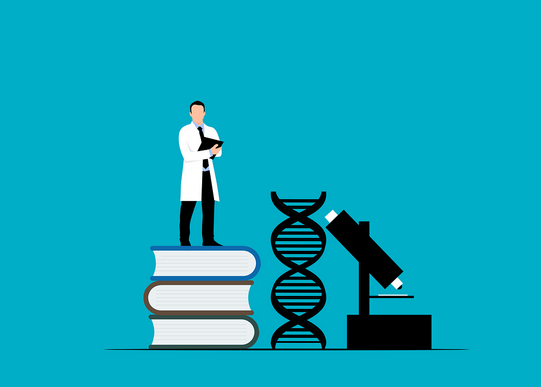The MoU will position Abu Dhabi as a leader in the next generation of genomic and AI-enabled healthcare systems, significantly increasing the scale and sophistication of the Emirate’s healthcare ecosystem. It brings health sector local and international leaders together with the Department of Health—Abu Dhabi (DoH). The agreement was signed at the Abu Dhabi National Exhibition Centre (ADNEC) as part of the first Abu Dhabi Global Health Week 2025 (ADGHW).
An Integrated Approach to the Future of Health Care
The landmark MoU sets out to establish a robust yet collaborative process. This will underpin the manner in which people shape the delivery of healthcare over the next few years in Abu Dhabi, cantered around precision medicine and innovative therapy. Combined, the knowledge and resources from the participating organizations are designed to deliver rapid innovation by accelerating the application of novel technologies within the clinical environment.
Critical Need Disease Prioritization
The research partnerships will target high-yield healthcare problems across three major medical areas. These include domains where the application of genomics and AI has been demonstrated to provide immense benefits.
Advancing Oncology Care
Central to this partnership is a broad initiative in cancer care. Using more comprehensive genomic characterization—the detailed analysis of genes in tumours—the initiative seeks to have a broader overview of the genetic basis of various types of cancer. This enriched knowledge may eventually lead to the development of more tailored treatment strategies and interventions. AI will be an integral part of analysing large genomic datasets, aiding in the diagnosis and response prediction of patients for different therapies.
Solving rare genetic diseases
However, another major enemy in the sights is what is colloquially referred to as damages — serious, rare but not entirely fatal, and/or easily treated genetic diseases. Thus, early and accurate detection and diagnosis of such conditions is somehow a real challenge. Using cutting-edge genomic sequencing and analytical tools, the collaborative framework is designed to expedite precision-medicine diagnoses of these complicated disorders, and potentially within a few months instead of years. As part of their work, the partnership will also assess the opportunity to create new treatments based on the underlying genetics of rare disorders.
Managing Metabolic Disorders
The collaborative project similarly tackles metabolic diseases impacting essential functions of the body. Researchers should be able to glean significant details, via genomic science, concerning the main genes that are causing these disorders. This improved knowledge can guide management strategies tailored to individual subjects, including dietary management, personalized lifestyle treatment, and targeted drug therapies in order to manage metabolic disorder subjects best and ultimately improve their quality of life.
International Conference on Future of Health Care Leadership, Abu Dhabi Global Health Week 2025
The MoU was signed alongside Abu Dhabi Global Health Week 2025 and builds on the Emirate’s commitment to leading the development and cooperation of the healthcare sector. Abu Dhabi Global Health Week is a platform that facilitates dialogue between global leaders, experts, and innovators in health and public health to address some of the world’s most pressing health challenges. The signing of this significant agreement at the event underscores the crucial role that advancement to the next level of healthcare plays in these strategic partnerships and solutions to innovate how the country delivers care.
Other Key Insights
This MoU will provide a partnership framework and supportive environment for vibrant and agile development and deployment of AI-enabled precision healthcare solutions. This partnership was established to integrate global scientific and commercial experience with local knowledge and infrastructure to expedite the translation of genomics advancements into substantial, tangible patient benefits. This effort could contribute to Abu Dhabi’s development of a regional leadership position in precision medicine and the attraction of further investment and talent within its growing healthcare ecosystem. That directed camera on priority domains—oncology, rare inherited conditions, and metabolic syndromes—also reflects a commitment to tackle the most pressing—and complex—healthcare problems through innovative, data-driven solutions.






